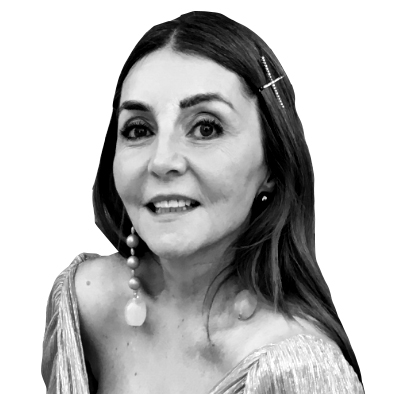A few days before Christmas, as London was being torpedoed by Omicron, I went to a party at the Notting Hill house of an interior-designer friend. Like my fellow 200 or so guests, and indeed our host, I didn’t for a second consider canceling.
We had to show a negative lateral-flow test at the door. But even if we hadn’t, would anyone have cared? I doubt it. But surely masks were worn? Please—this is London.


